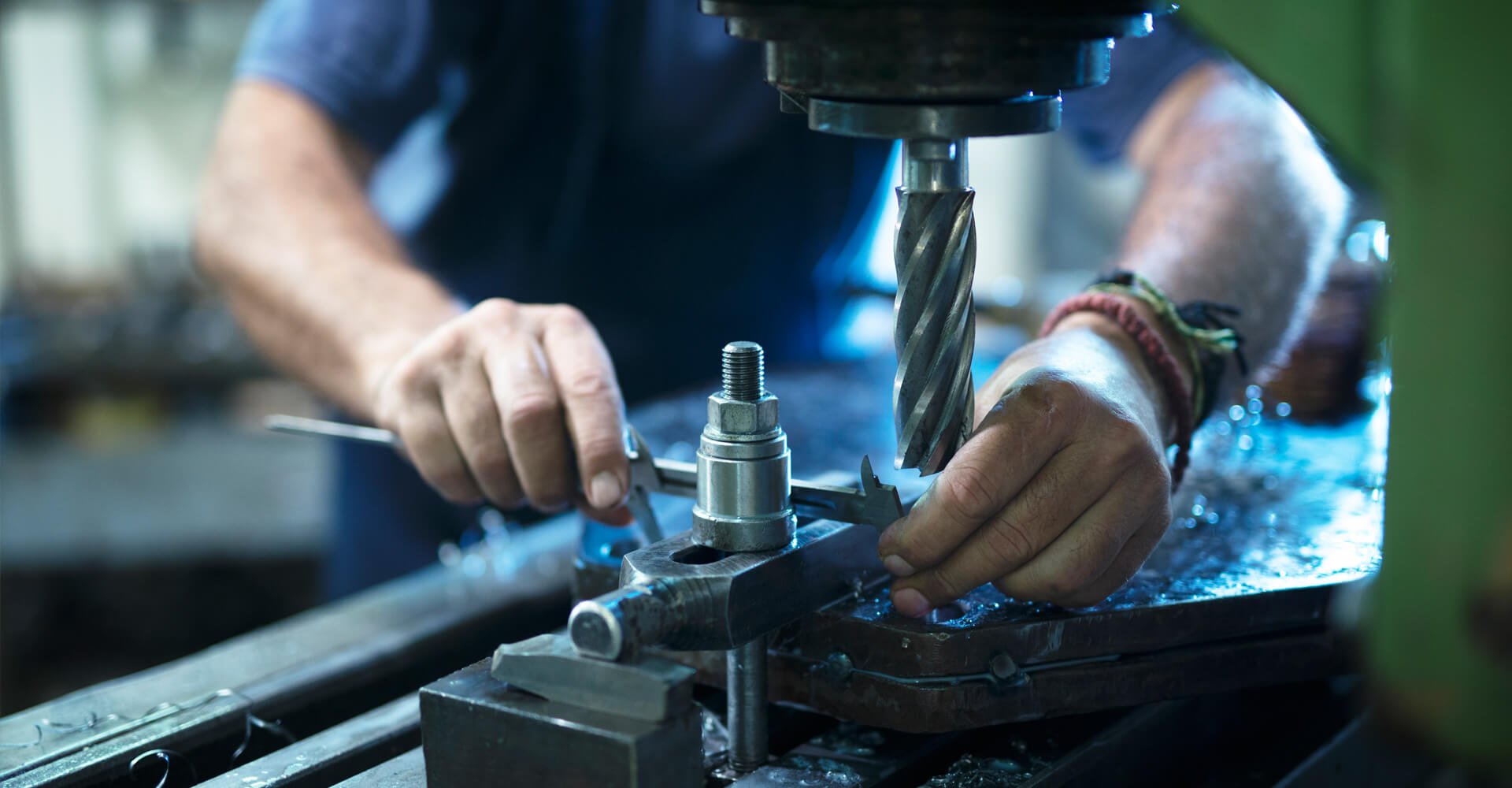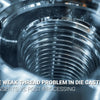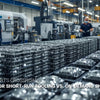Are CNC Machining Services the Key to Precision Manufacturing in 2024

Are CNC Machining Services the Key to Precision Manufacturing in 2024?

In the rapidly evolving world of manufacturing, CNC machining services have emerged as a game-changing technology that transforms how businesses create precise, high-quality parts. From small startups to global industrial leaders, companies are increasingly relying on these advanced manufacturing solutions to stay competitive in today's fast-paced market.
According to recent industry data, the global CNC machining services market was valued at approximately $63 billion in 2022, with projections indicating a robust compound annual growth rate of around 6% through 2030. This impressive growth highlights the critical role of CNC machining in modern manufacturing ecosystems.
But what exactly makes CNC machining services so revolutionary? Let's dive deep into the world of computer-controlled precision manufacturing and uncover the secrets behind this transformative technology.
[Table of Contents]
- Understanding CNC Machining Services
- Types of CNC Machining
- The CNC Machining Process
- Materials and Applications
- Industry Benefits
- Choosing the Right Service Provider
- Future Trends
What Exactly is CNC Machining Technology?
CNC machining is a sophisticated manufacturing process that uses computer-controlled machines to create precise parts with exceptional accuracy. [Industrial machinery experts] define it as a method that transforms digital design into physical components with remarkable precision.
At its core, CNC machining translates complex digital designs into precise mechanical instructions, enabling manufacturers to produce intricate parts with tolerances as tight as ±0.01 mm.
The technology combines advanced software like Computer-Aided Design (CAD) and Computer-Aided Manufacturing (CAM) to ensure every manufactured part meets exact specifications.
What Types of CNC Machining Exist?
[The automotive industry] and other high-precision sectors utilize various CNC machining techniques to meet diverse manufacturing needs.
Primary CNC machining types include:
- [Turning services]: Rotating materials against cutting tools
- [Custom milling services]: Removing material using rotating cutting tools
- Routing: Creating shapes from material sheets
- Specialized techniques like 3D printing and laser cutting
#
Each machining type offers unique capabilities, allowing manufacturers to select the most appropriate method for specific project requirements.
How Complex is the CNC Machining Process?
The CNC machining process might seem intricate, but it follows a structured, systematic approach that ensures consistent, high-quality output. The process typically involves three crucial stages:
- Creating a detailed CAD model
- Converting the design to machine instructions
- Executing precise manufacturing operations
This methodical workflow guarantees that every component meets exact design specifications, minimizing errors and reducing production time.
Which Industries Benefit from CNC Machining?
CNC machining services have revolutionized manufacturing across multiple high-tech industries, providing unprecedented precision and efficiency.
Key application sectors include:
- Automotive: Producing complex engine components
- Aerospace: Manufacturing lightweight, high-strength parts
- Medical: Creating precise surgical instruments
- Electronics: Developing intricate circuit board components
These industries rely on CNC machining for its ability to deliver consistent, high-precision components that meet rigorous quality standards.
Conclusion
CNC machining services represent the future of precision manufacturing, offering businesses unprecedented capabilities to transform digital designs into physical realities. As technology continues to evolve, these services will play an increasingly critical role in driving innovation across industries.
Recommended External Links:
Manufacturing Technology Insights
Advanced Manufacturing Trends Forecast





